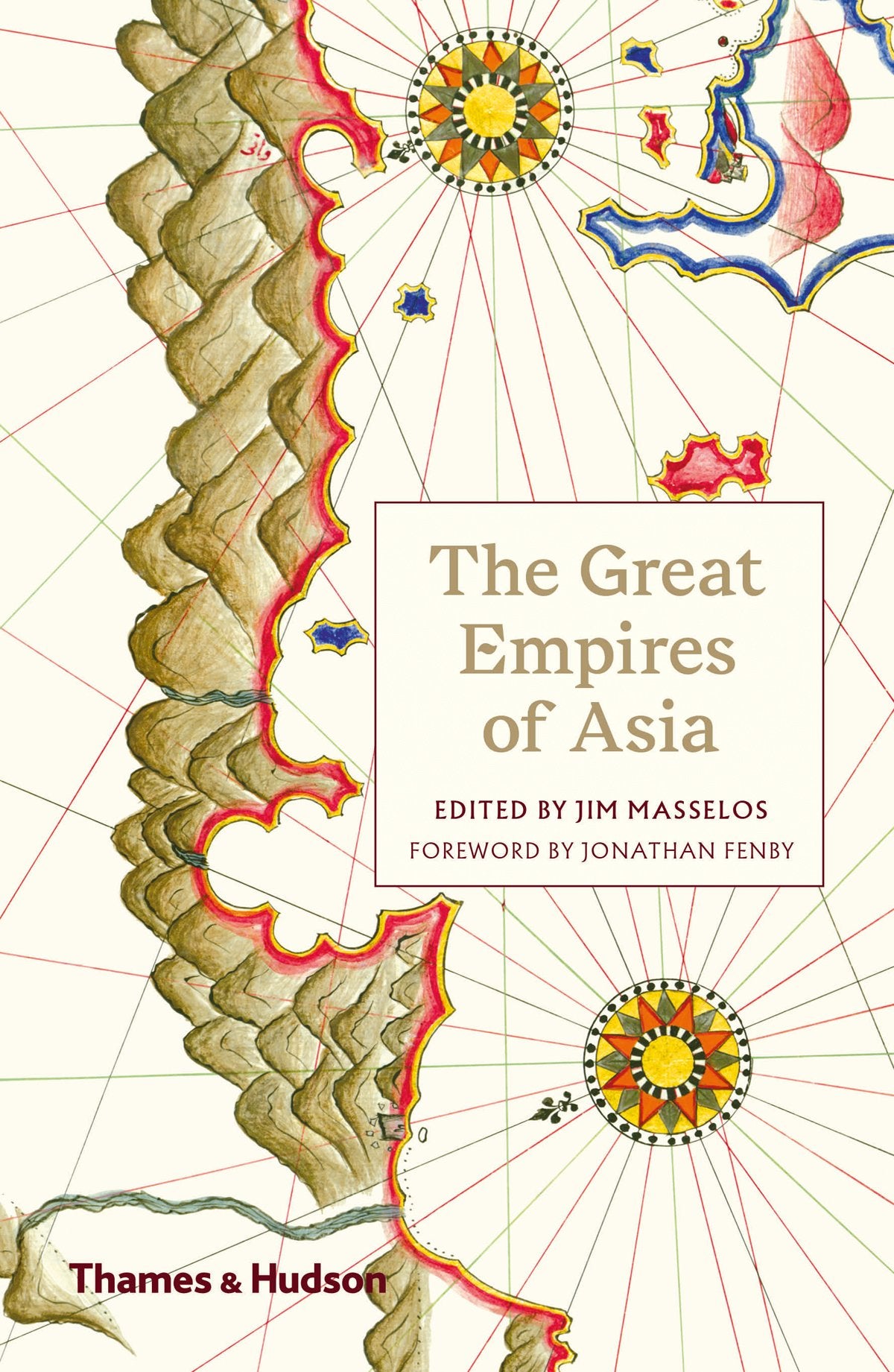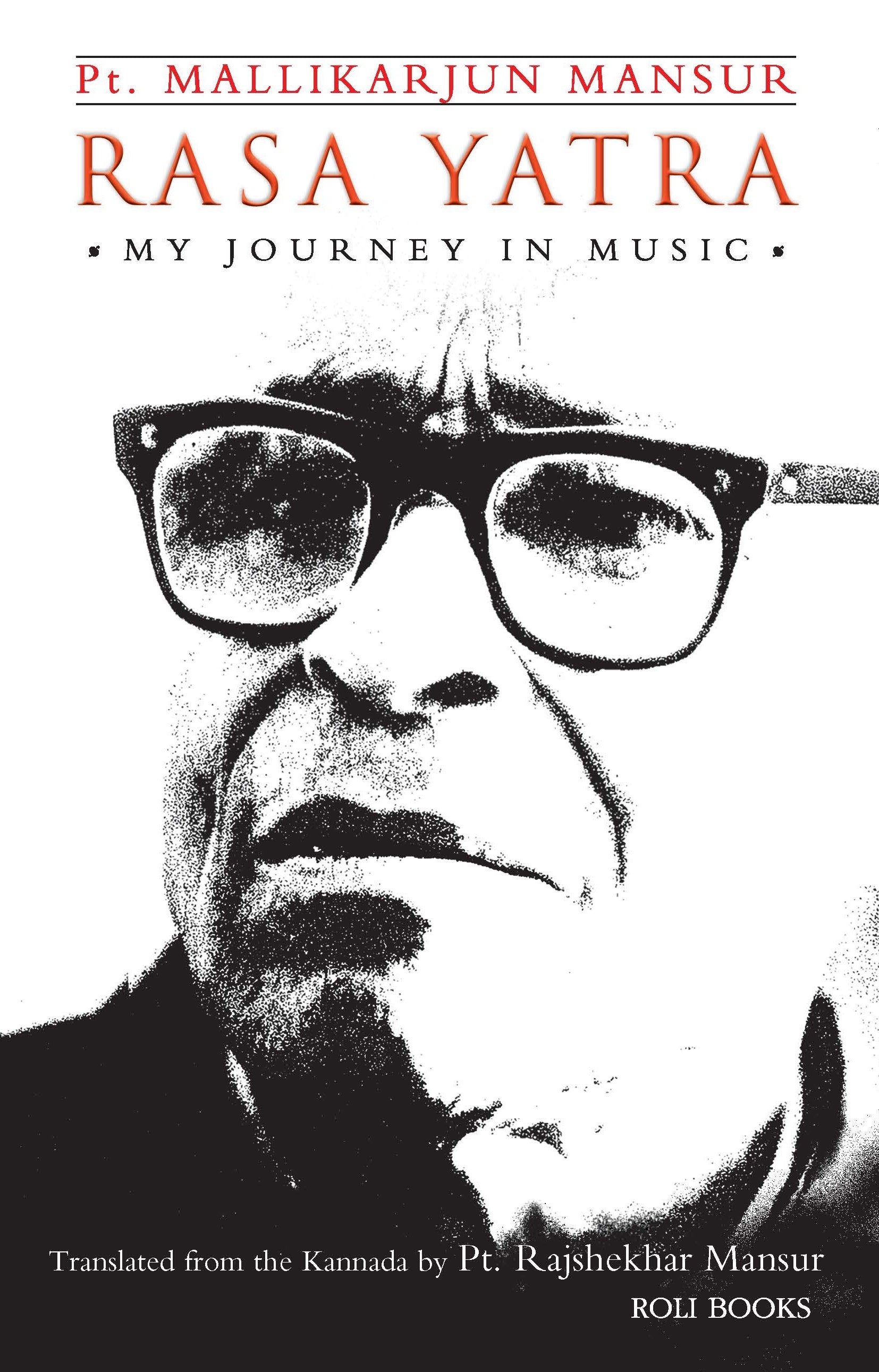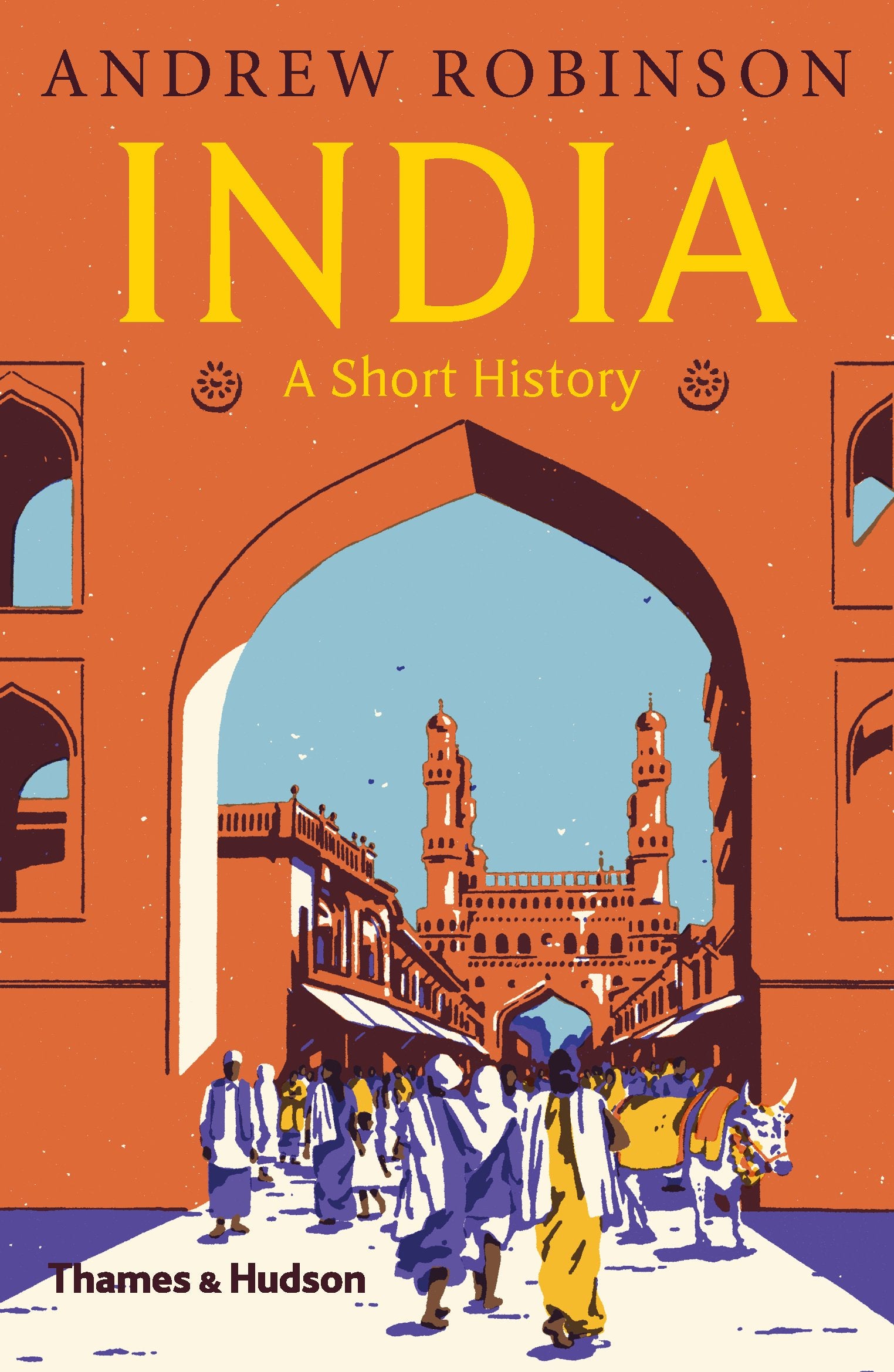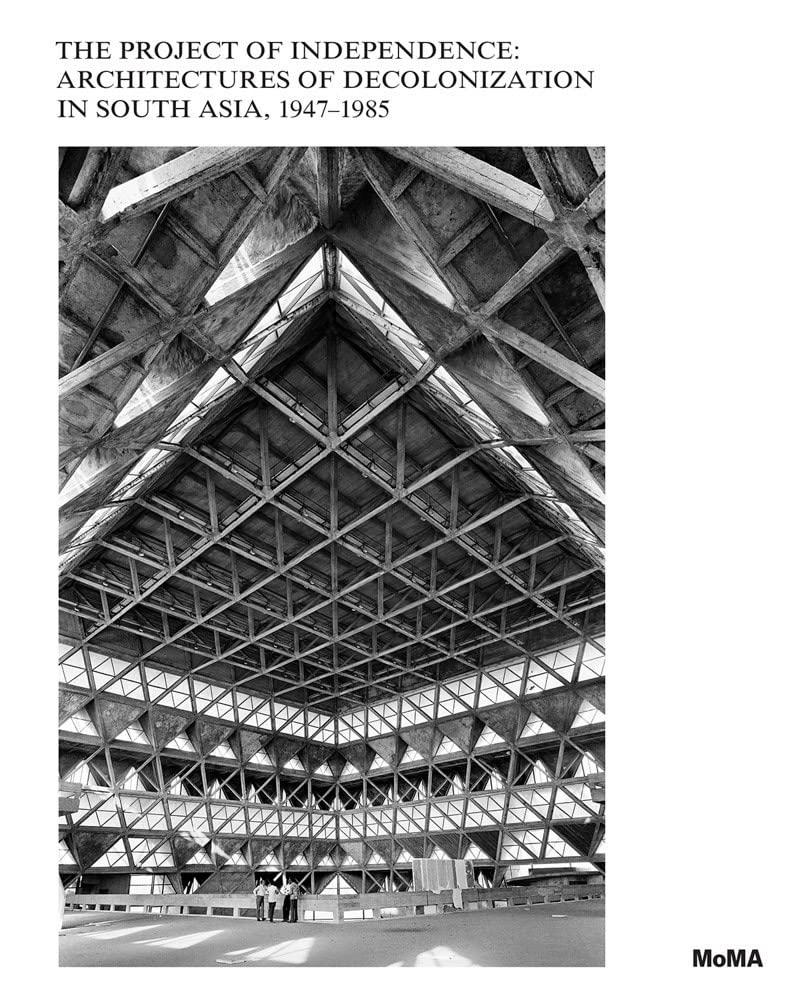The House of Scindias: A Saga of Power, Politics And Intrigue
Rasheed Kidwai
Sankarshan Thakur
Weeks before India announced a total lockdown to combat the Covid-19 pandemic in March 2020, the drama and governance coup in Madhya Pradeshs political theatre was already peaking. Jyotiraditya Scindia dumped the Congress overnight for the Bharatiya Janata Party (BJP) bringing down the former from power in the state. Many saw the return of the prodigal grandson as the reunion of the political dynasty of Scindias under BJPs catch-all umbrella.
Jostling to spill over, along with priceless jewels in the treasury of Jai Vilas Palace — the Scindias royal abode in Gwalior — are many carefully buried secrets. Some are best hidden away, such as the Gwalior monarchs controversial role during the Revolt of 1857. Others need to be kept out of sight for diplomatic causes, such as the Rajmatas excessive dependency on her ‘Rasputin and the resultant mistrust of her only son, Madhavrao.
One of the bigger questions is the palaces alleged and under-probed role in Mahatma Gandhis assassination. It is perhaps because of these unsolved mysteries that curiosity about the Scindias — a family that has given India many a statespersons across party lines — continues to dominate Indias public imagination. With political intrigue, palace conspiracies, cut-throat rivalry and an ugly public feud, betrayals and property wars fought in
courts, and siblings that do not look eye to eye, the Scindias make tantalizing headlines. With a wealth of information about the Gwalior royals, The House of Scindias is their most definitive and revealing biography.
RASHEED KIDWAI is a journalist, author, columnist and political analyst. He is Visiting Fellow with the Observer Research Foundation, Delhi. Formerly Associate Editor at The Telegraph, Kidwai is a keen observer of government, politics, community affairs and Hindi cinema.






































